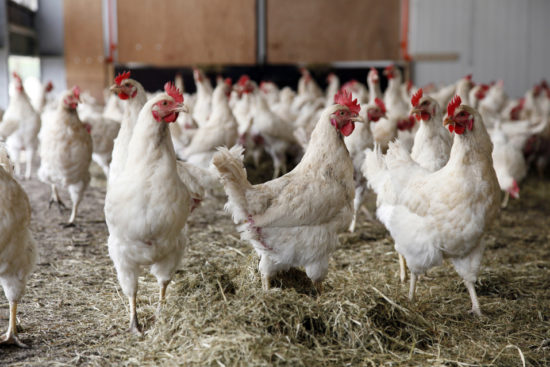Antimicrobial peptides disrupting the bacterial membrane reduce Salmonella colonization in chickens
This study demonstrates that small antimicrobial peptides derived from Lactobacillus rhamnosus GG (LGG) can effectively combat Salmonella infections in poultry, a major source of human foodborne illness. Three peptides (P1, P2, and P4) inhibited multiple Salmonella serovars in vitro, likely by disrupting bacterial membranes, and significantly reduced S. Typhimurium colonization in chickens without disturbing the gut microbiota. The peptides also remained stable after heat and protease exposure, making them suitable for practical use in poultry feed. These findings highlight LGG-derived peptides as promising, antibiotic-free alternatives for controlling Salmonella in poultry production.
AMR NEWS
Your Biweekly Source for Global AMR Insights!
Stay informed with the essential newsletter that brings together all the latest One Health news on antimicrobial resistance. Delivered straight to your inbox every two weeks, AMR NEWS provides a curated selection of international insights, key publications, and the latest updates in the fight against AMR.
Don’t miss out on staying ahead in the global AMR movement—subscribe now!






